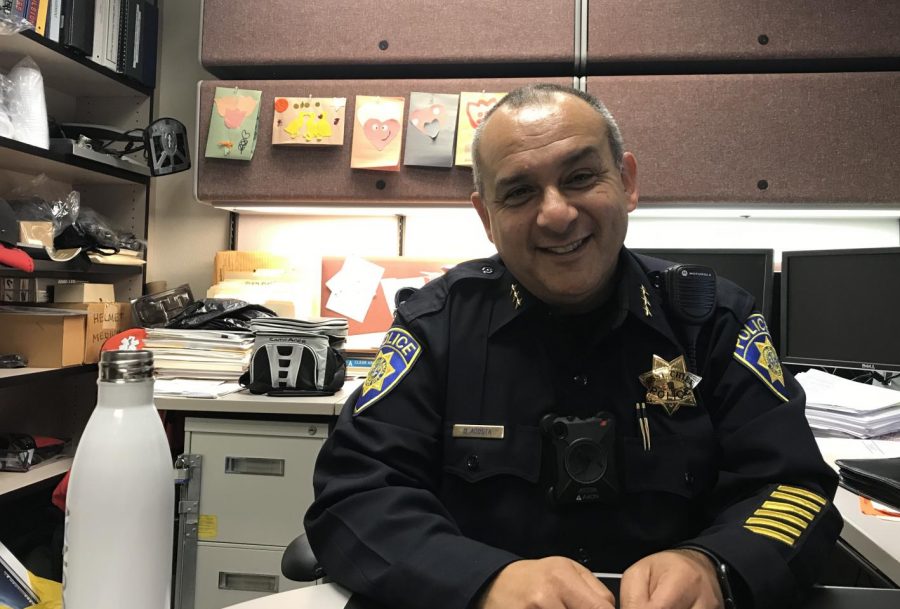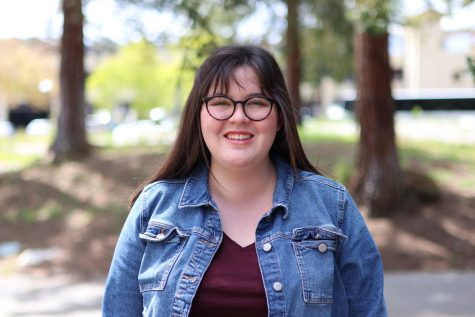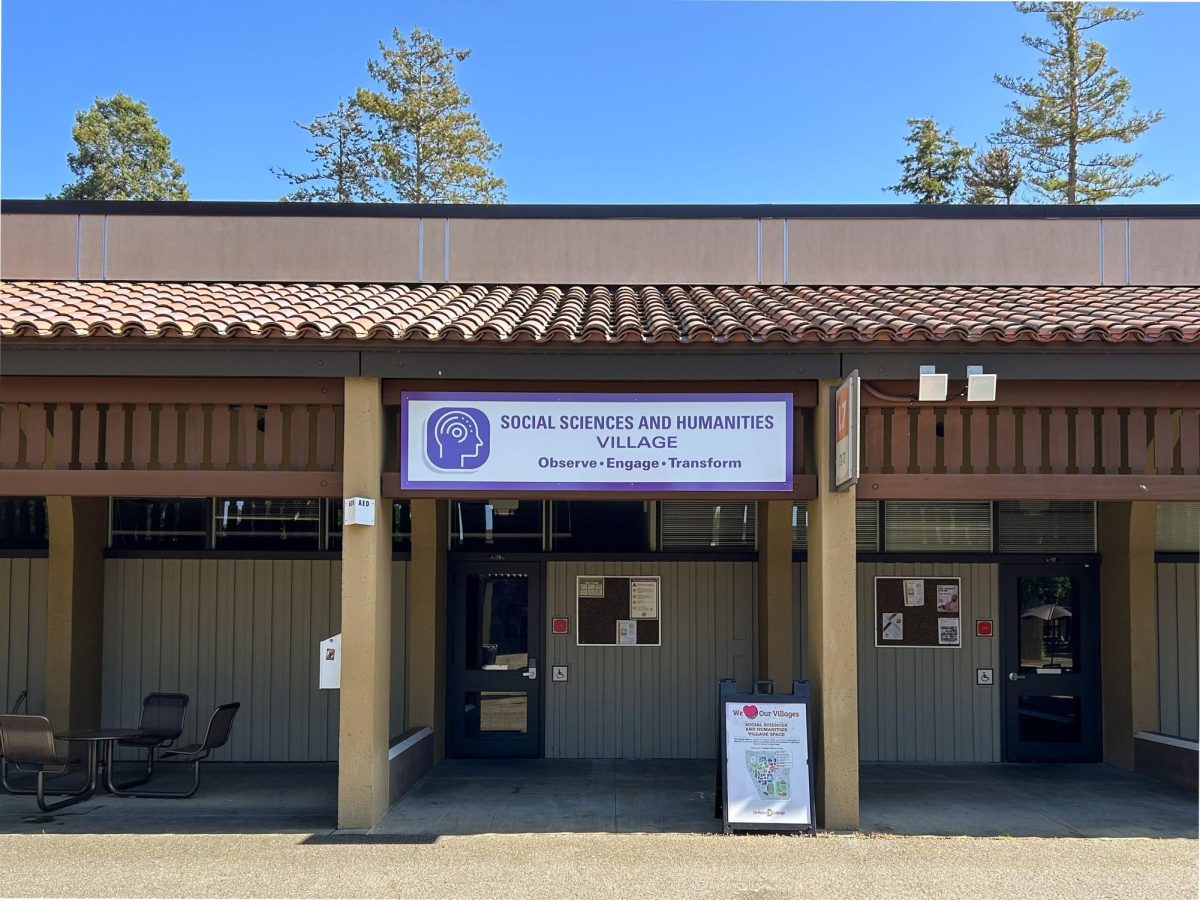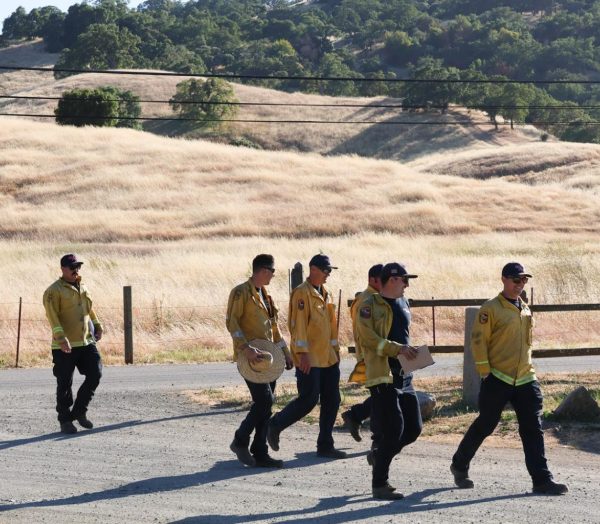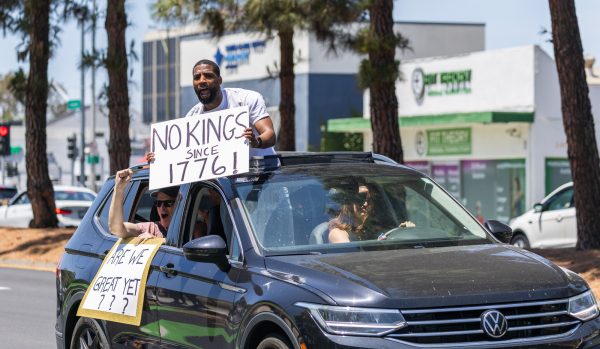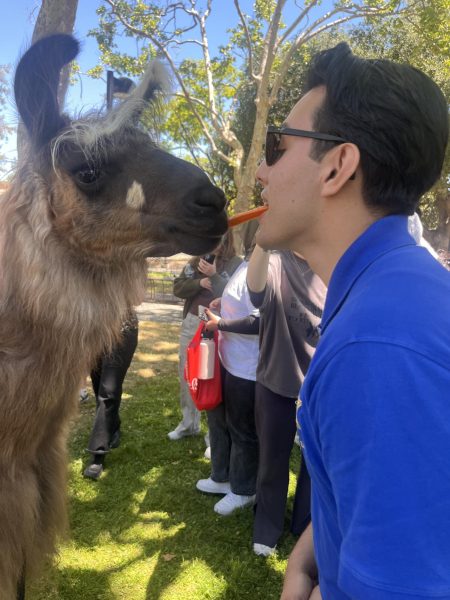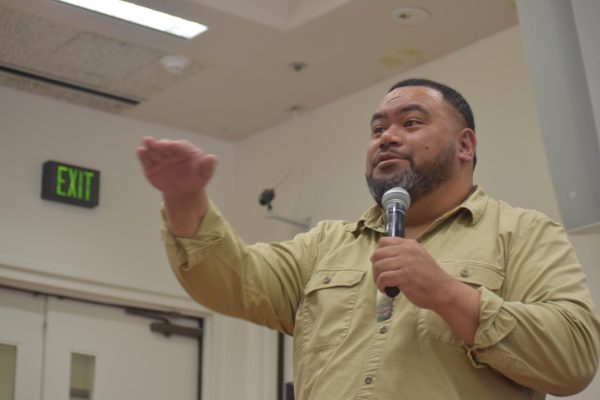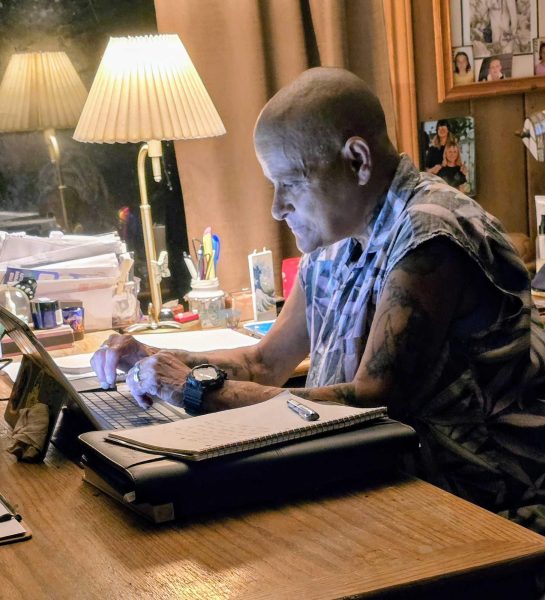Foothill-De Anza chief of police talks about ‘reimagining public safety’ post George Floyd
March 15, 2022
The Foothill-De Anza Chief of Police, Daniel Acosta, addressed public safety concerns and talked about increased accountability measures being taken by his department during a zoom panel on Feb. 8.
Acosta was a guest speaker in a series of MOMENTUM events aimed at encouraging conversation and promoting equity at De Anza. Elvin Ramos, the dean of social science and humanities, moderated the event with DuJuan Green, an adjunct professor in the administration of justice department and former police sergeant.
In the last two years, Acosta said that there have been “many changes” made on a state and national level to reform policing and protect public safety. Acosta specifically pointed to mental health as an issue that needs to be addressed in Silicon Valley and commended the return of mental health rapid response teams.
“In the past, this county has tried to team up psychologists with the police, and for whatever reason, these efforts have just not lasted,” Acosta said. “Here we are trying again, but there is a different feeling to it this time.”
Acosta also said that George Floyd’s murder and the subsequent calls for police reform have influenced his perspective.
“Just because somebody in Minnesota does something, that’s not representative of 99% of police officers,” Acosta said. “I can tell you that’s not representative of any of the Foothill-De Anza police officers.”
“When it came up, I spoke to all of my officers and staff. That’s not us, and I can’t imagine how it even got to that point.”
When asked about the current status of the department’s online complaint system, Chief Acosta addressed another source of controversy closer to home.
In an interview with La Voz in August 2020, De Anza commencement speaker Tamara Williams discussed the racism and police harassment she endured on campus. She said that the online portal for filing complaints was “impossible to navigate” and that larger issues having to do with “healing” the relationship between students and campus police had not been effectively dealt with.
Acosta said that he asked Williams to resubmit the complaint and that he “listened” to her, but she chose not to follow through on the process. However, he admitted that the old online complaint system was “archaic” and that he hired Joy Garza, a training and communications manager, to fix it last year.
“Before, you had to print it, write it out, scan it and walk it in, or send it in an email. This is one you can actually fill out online and it is sent,” Acosta said. “I’ve been trying to identify all the deans on both campuses to make sure their offices have ten copies of the complaint form as well.”
Acosta encouraged students to make use of the new system, as it could lead to better training for his officers.
“Let us know if there’s an officer out there doing something they shouldn’t be doing. If nobody says anything, we’re never going to know,” Acosta said. “It’s not fair to the officer as well, because there may be a training issue. They may think they’re doing something properly, but what they may need is some training or some corrections.”
“After they’re trained, and they’re making mistakes a second or third time, we’ll have a different conversation.”
An audience member, Succati Shaw, shared her own negative experience with reporting a sexual assault and asked Acosta how his department will make black and LGBTQ+ communities feel safe to approach his police force with concerns.
Acosta said that he “could not have imagined” ever having to file a complaint against a police officer while he was in college and said that there is progress being made to make it a less intimidating process. One such program, which he said he hopes to launch in 2022, would train a team of individuals to emotionally support and advocate for victims.
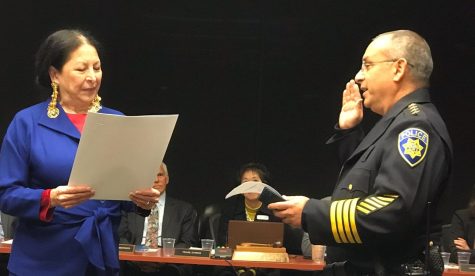
Elisabeth-Anne Mabie, an attendee who served as a police officer for 17 years, asked about how police officers manage their mental health without resorting to razzing and reprisals. Green explained that departments now offer mindfulness training and critical incident stress management briefings to help officers manage traumatic incidents.
“Departments now want their members to check in after an incident and tell people how they are feeling,” Green said. “I’ve seen the way it was before and after the change.”
Acosta also discussed the importance of humanizing police officers.
“There is a person behind the uniform,” Acosta said. “Unfortunately, the job is needed when something has gone awry and we tend to see people at their worst. Now, we try to correct it and help them.”



